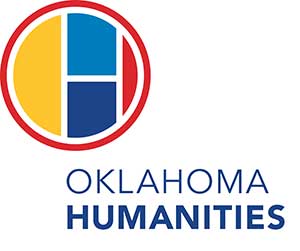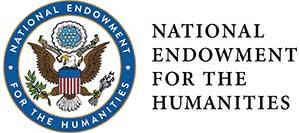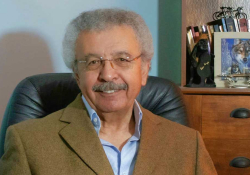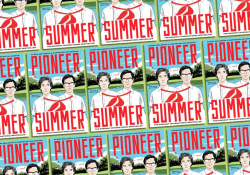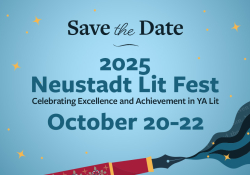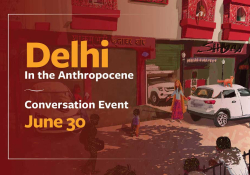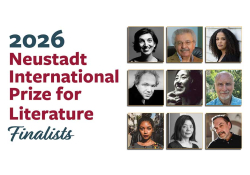Panel to Discuss “Red Dirt and Brownfields: Humanities Perspectives on Ecological Restoration in Oklahoma”
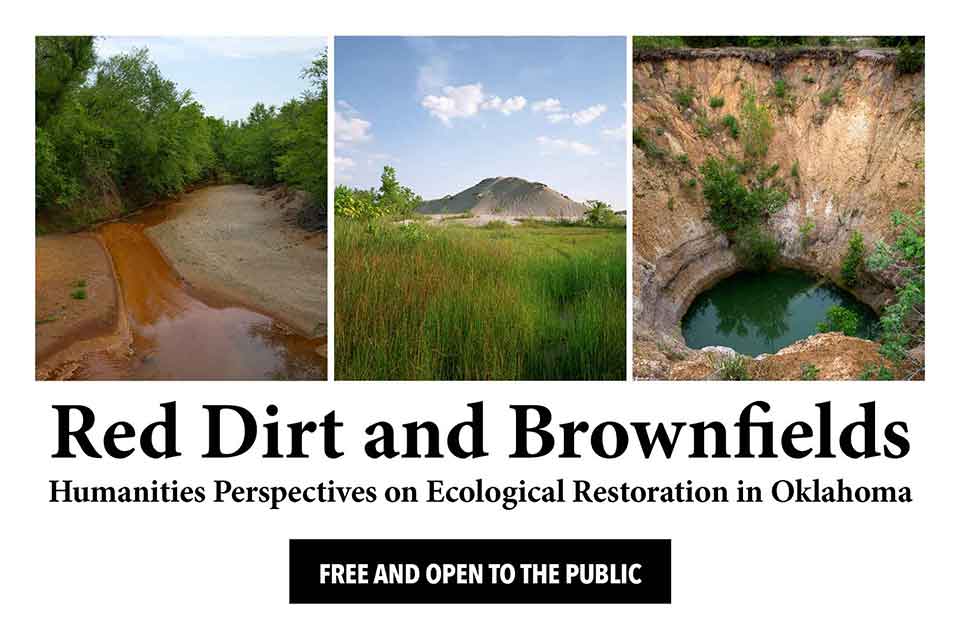
Listen to the panel in the widget above.
What is the work of envisioning together—across disciplines and communities, both Native and non-Native—the possibilities for repair in environments harmed and haunted by the twin specters of climate change and ecological damage? On Friday, November 11, 2022, the general public is invited to join Rebecca Jim, Laurel C. Smith, Todd Stewart, and Loren Waters in a conversation event with Kathryn Savage to discuss Savage’s brand-new essay collection, Groundglass, recently published by Coffee House Press.
Groundglass confronts the transgressions of US Superfund sites and brownfields against land, groundwater, neighborhoods, and people. Taking the book as their point of departure, the speakers will discuss the topic as it relates to Oklahoma from the perspective of various arts and humanities disciplines—literature, Native filmmaking, art history, and cultural geography—followed by Q&A with the audience.
Co-sponsored by the University of Oklahoma’s Department of Geography & Environmental Sustainability, School of Visual Arts, and World Literature Today, the event will take place in Gould Hall’s Buskuhl Gallery (830 Van Vleet Oval, Room 130), beginning with a reception and book signing at 4:00 p.m., followed by the panel at 4:30 p.m., and Q&A immediately following.
Gould Hall is in the College of Architecture on the university’s South Oval, and the nearest public parking is in the OU stadium garage. For more information or accommodations, contact World Literature Today (405-325-4531, [email protected]).
Funding for this program is provided in part by a grant from Oklahoma Humanities and the National Endowment for the Humanities. Any views, findings, conclusions, or recommendations expressed in this program do not necessarily represent those of OH or the NEH.
